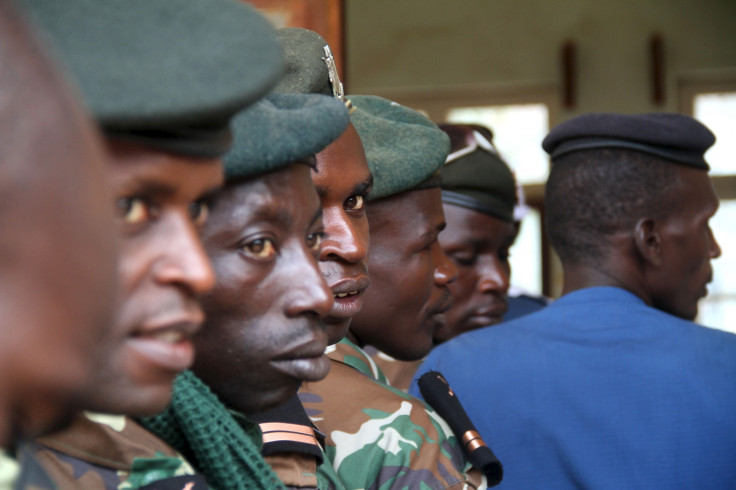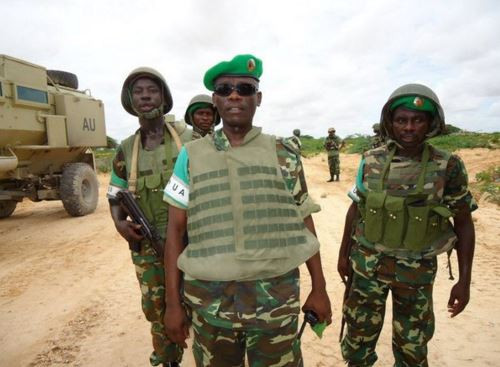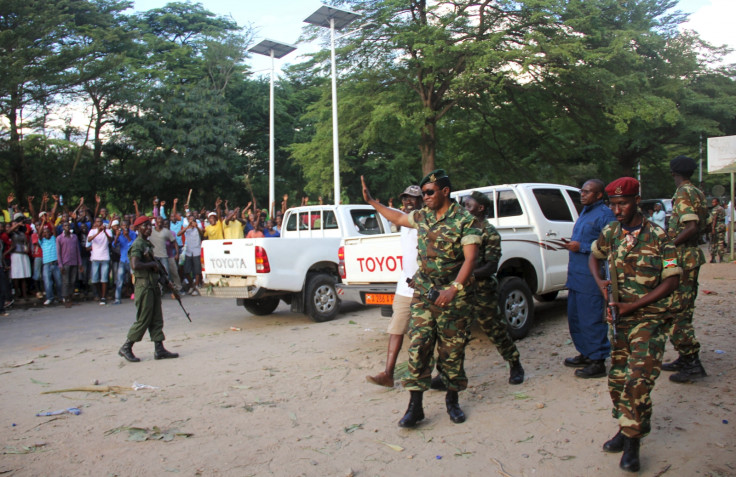Colonel Emmanuel Buzubona's death 'evidence of clear divisions in Burundi's army'

Burundian opposition has described the assassination of Colonel Emmanuel Buzubona, who was killed with a taxi driver on 20 April in Kinama, a commune of the capital, Bujumbura, as a clear evidence of growing divisions in the nation's army.
Burundi's army is composed equally of the country's two main ethnic groups − soldiers of the former regime, the predominantly Tutsi ex-Armed forces of Burundi (dubbed ex-FAB), and fighters of the majority Hutu rebel groups comprising members of former rebel factions like the current ruling that were fighting against the Tutsi-led regimes before the war ended (dubbed Parties and Armed Political Movements, ex-PMPA).
While the integration of both factions was seen as a great achievement of the 2000 Arusha peace agreement, the political crisis that has rocked the Central African nation for over a year now has laid bare deep internal divisions among the army.
During the protests in April and May 2015, IBTimes UK reported that officers intervened several times between police and demonstrators, and others defected. Stability within the army ranks changed for good on 13 May, when former chief of staff of the military General Godefroid Niyombaré, from the CNDD-FDD, attempted and failed a coup against the President Pierre Nkurunziza. Mid-January, Niyombaré became the head of a newly created rebel group, the Republican Forces of Burundi (Forces Républicaines du Burundi, Forebu).

Colonel Buzubona 'suspected of supporting opposition'
The Colonel, who is described as an ex-PMPA, was deputy of the chief of staff of the Armed Forces (Chef d'Etat-Major Général de la FDN) at the time coup plotter Niyombare was still in the army's ranks.
According to local sources, the government may have suspected Buzubona of supporting the opposition.
"This Colonel was arrested on 12 December in the wake of the 11 December attacks against military bases in Bujumbura as he was suspected of having helped the rebels who claimed the attack," Jeremie Minani, spokesman for the Arusha Movement coalition of opposition and civil society groups told IBTimes UK on 21 April. "While he was released by the secret services on 18 December, he was seen as being a police target."
While ex-FAB has increasingly become targets of attacks, Minani said the fact that the colonel was an ex-PMPA showed that "even ex-CNDD-FDD rebels are targeted (now) when the regime believes they are opposed to the President's mandate or the ongoing terror".
"This is simply the repression that is continuing," Minani said.

Growing divisions in the army
According to Thierry Vircoulon, project director for Central Africa for International Crisis Group, the coup and then attacks on 11 December have been followed by a "quiet repression" of officers suspected of being disloyal.
"It's true that there are increasing divisions within the military. While it is not new, it certainly seems to be increasing and coming to the surface in recent weeks. With ex-FAB appearing to be marginalised, not given positions of power or removed from those," Carina Tertsakian, senior researcher in the Africa division of Human Rights Watch told IBTimes UK on 21 April.
"It's certainly one of the factors that is fuelling the tension that is already there in Burundi."
According to the army spokesman, Colonel Gaspard Baratuza, Buzubona was killed by a grenade after his killers shot at him. Baratuza earlier denied the existence of divisions within the army, defying reports by some politicians of "clear divisions" between the two main factions.
© Copyright IBTimes 2025. All rights reserved.






















